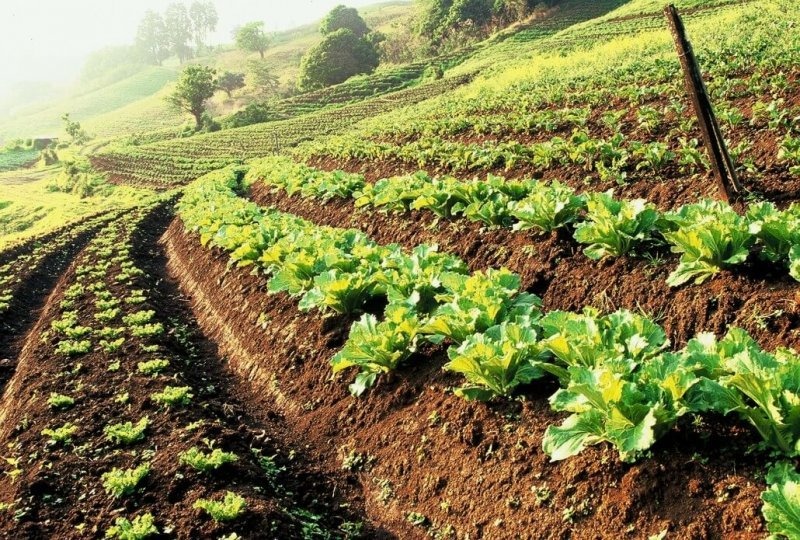ISLAMABAD: The crop zoning in Pakistan can increase the yield of different crops to meet the needs of the growing population and enhance the contribution of the agriculture sector to the Gross Domestic Product (GDP), WealthPK reports.
According to an expert, crop zoning is a sustainable way of increasing agricultural production and GDP while meeting the needs of the growing population.
Dr Nurullah, Senior Scientific Officer at the National Agriculture Research Centre (NARC), told WealthPK that the number of people living in the country was increasing exponentially. “As of the latest estimates, our country has a population of more than 220 million. For a country with such a large population, there exists a critical need to increase agricultural production to meet local demands as well as increase exports to get foreign exchange reserves,” he added.
In agriculture, poor weather and adverse climate conditions are always a part of the equation. In spite of technological advances such as improved crop varieties and irrigation systems, weather and climate remain critical variables in agricultural production.
“Other than climatic conditions, in the market where prices of inputs are rising and rates of goods are staying the same, it is necessary for farmers to cultivate more than one crop in a single spot to save water, fertiliser and land,” said Dr Nurullah.
He said that the country is divided into provinces and zones so crop zoning is crucial to enhance the contribution of the agriculture sector to GDP. “The region of Punjab is rich in natural resources and hence is fertile for crop production. However, due to improper crop zoning mechanisms, crop cultivation trends are constantly changing here,” he added.
He said that in the past, South Punjab was known for its cotton production, but over the past few decades, it had taken a dramatic turn with sugarcane rapidly replacing cotton as the main crop of the region.
“Pakistan should consider implementing crop zoning on a large scale. A specific crop combination can produce great results in this region due to favourable conditions that apply to the weather pattern, the fertility of the soil and the availability of skilled workers,” said Dr Nurullah.
The agriculture industry provides tremendous opportunities for rapid economic expansion. The sector has the potential to help millions of people to improve their standard of living. During the last two decades, production and productivity have remained nearly unchanged while the socioeconomic needs of an expanding population have put great strain on natural resources. A major issue is devising more efficient and sustainable agriculture systems to feed future generations.
“There is a need for agroecological zones to be established in Punjab in order to devise policies and strategies for using natural resources in a sustainable and diversified manner to improve the productivity of agriculture. A cropping system needs to be planned according to a variety of factors including water availability, soil quality and climate conditions to suit different areas,” Dr Nurullah told WealthPK.





